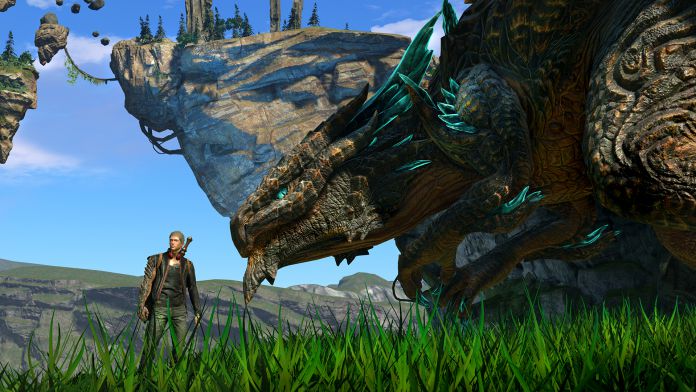Now, PlatinumGames insists Microsoft should not be blamed for the cancellation of Scalebound. At the time of the decision, Microsoft said: “After careful deliberation, Microsoft Studios has come to the decision to end production for “Scalebound.” We’re working hard to deliver an amazing lineup of games to our fans this year, including ‘Halo Wars 2,’ ‘Crackdown 3,’ ‘State of Decay 2,’ ‘Sea of Thieves’ and other great experiences. In other words, Microsoft made the decision, but PlatinumGames says the company was not to blame. Speaking to gaming website VGC, studio chief Atsushi Inaba said both teams share the blame for Scalebound’s demise. “Both sides failed,” Inaba told VGC. “Watching fans getting angry at Microsoft over the cancellation wasn’t easy for us to watch. The reality is, when any game in development can’t get released it’s because both sides failed” “I think there are areas where we could’ve done better and I’m sure there are areas that Microsoft as a publishing partner wish they could’ve done better. Because nobody wants a game to be cancelled.” “The truth is, we don’t like to see Microsoft take the brunt of fan ire because game development is hard and both sides learned lessons, for sure,”
Game Development
Scalebound had been under development for several years and was viewed by Microsoft as a triple A title for the Xbox One. First announced at E3 in 2014, the game was being developed in a collaboration between Microsoft Studios and PlatinumGames. The developer has created modern classics like “Bayonetta,” “Metal Gear Rising: Revenge” and “Star Fox Zero”. Considering this history, expectations were high for Scalebound. This anticipation was heightened with Hideki Kamiya at the helm, the noted director behind “Devil May Cry” and “Resident Evil 2”. Yes, this was an ambitious project, a third-person RPG in an open world. However, the scale of the game was almost certainly not the reason behind its collapse.




